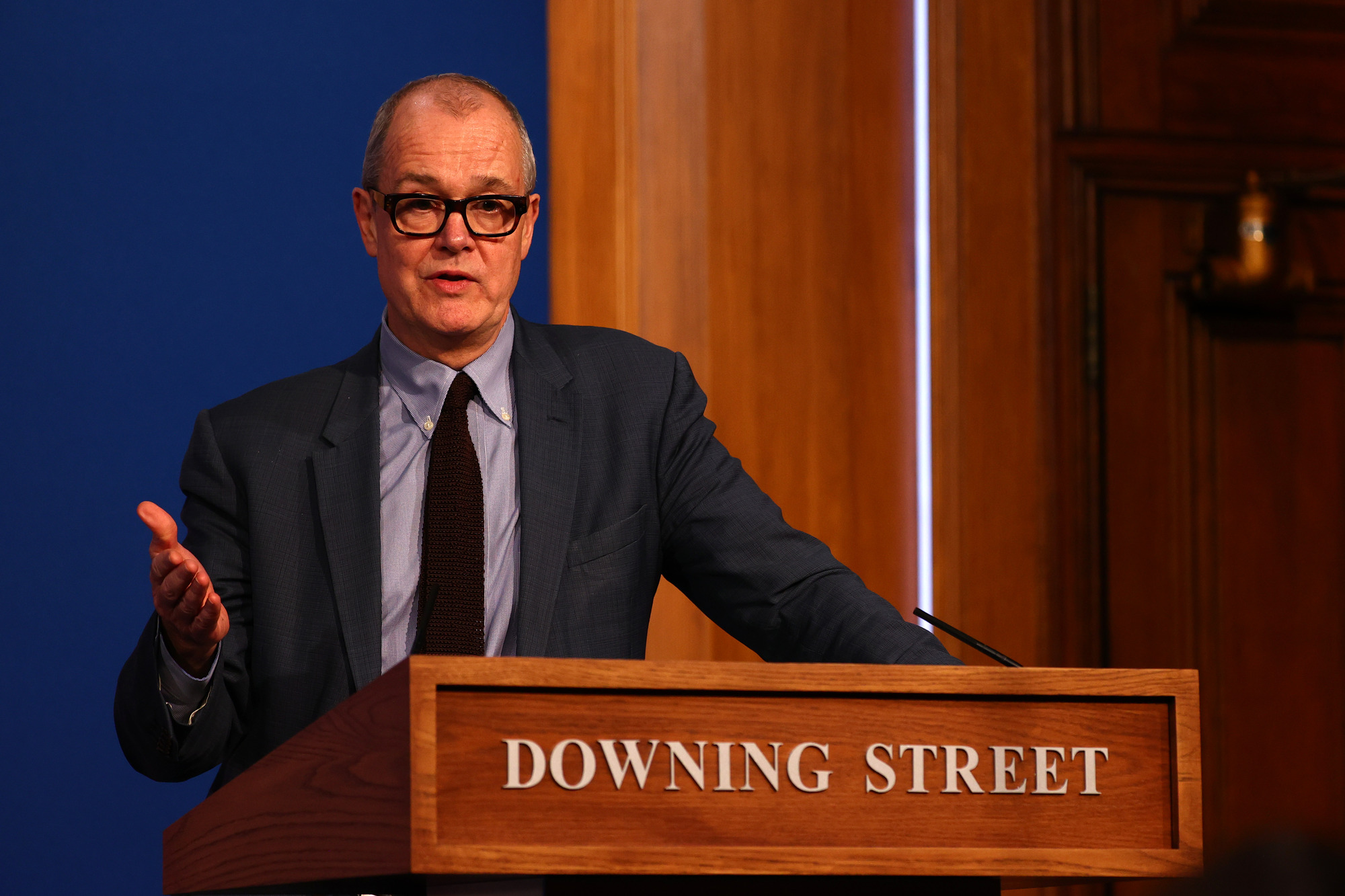The appointment of Sir Patrick Vallance to the new Labour government has raised some eyebrows given his track record as Chief Scientific Officer (CSO) during the Covid crisis.
Early in 2020, Vallance seemed minded to follow established pandemic plans and advised the Government against implementing untested and draconian measures such as lockdowns. But in March of that year he changed course, having been persuaded by the alarmist (and, as we now know, nonsensical) modelling scenarios presented by Neil Ferguson and his Imperial team.
It quickly became clear from the data that lockdowns had not been needed to avoid “health services being overwhelmed”. Further, the peer-reviewed research also showed that lockdowns and other interventions such as mask mandates had very little causal impact in reducing Covid mortality.
For some reason, though, Vallance became wedded to the alarmist modelling that Sage continued to produce, and concluded that each Covid wave needed a fast and heavy intervention to avoid disaster.
The nadir of Vallance’s pandemic performance came in December 2021. Responding to the Omicron surge of cases, new Sage modelling produced scenarios suggesting that, without further restrictions, England would see its Covid death toll rise to between (best case scenario) 600 and (worst case) 6,000 per day.
But for some reason the modellers had decided not to learn the lessons from the Imperial debacle — they ignored the impact of voluntary behaviour change and the evidence that Covid waves tended to be self-limiting irrespective of interventions. Worst of all, they disregarded the real-world evidence showing that interventions had much less impact than they assumed in their models.
These are precisely the sorts of issues you would have expected a Chief Scientific Officer to have discussed with politicians. But instead Vallance doubled down. Not only did he defend the outlandish estimates in a high-profile article for the Times, he used the modelling to advise the Prime Minister that further lockdown restrictions were necessary.
An apparent inability to critique and question scientific modelling is not a good platform for a new Minister for Science. But the issues go deeper. The Minister will not have responsibility for science itself, but for science policy, and that is a very different concept. Overseeing policy requires thinking about the range of different possible decisions and the trade-offs involved with each. Certainly, understanding science can help in that process — but, crucially, it also requires an awareness of economics, politics, psychology and ethics.
That’s not to say the role can’t be undertaken by a scientist, but it has to be someone who is willing to take on a broad perspective and to consider both the costs and the benefits of any decisions. Given the way pandemic policy focused single-mindedly on interventions aimed (unsuccessfully) at averting infections — at the expense of considerations regarding economic costs, broader wellbeing and civil liberties — it is hard to have confidence that Vallance will be able to perform his new role in such a way.
In particular, Vallance does not appear to have learnt from the mistakes he made during the pandemic. For example, in his evidence to the Covid inquiry, the former CSO argued that lockdowns should have been “broader, harder” and earlier”.
Most worryingly, Vallance has now turned his focus to climate policy, which seems likely to form a major part of his new role. The parallels between climate and pandemic policy are striking: the proposed solution to an alleged crisis is to impose strict restrictions, taxes and bans that will cost unimaginable amounts of money. The potential danger with this approach is that rather than considering the costs and benefits of alternative approaches, and testing modellers’ predictions of a climate crisis against real-world data (such as that showing the number of climate-related deaths have tumbled over the past 50 years), he will simply decide that “the science” tells us we have no alternative to proceeding with policies that, just as with Covid lockdowns, risk bankrupting the country.
Of course, all new Government appointees need to be given a chance. And perhaps we shall see Vallance taking a more balanced and evidence-based approach to policy in his new role than when he was Chief Scientific Officer. Then again, how often do we observe leopards changing their spots?











Join the discussion
Join like minded readers that support our journalism by becoming a paid subscriber
To join the discussion in the comments, become a paid subscriber.
Join like minded readers that support our journalism, read unlimited articles and enjoy other subscriber-only benefits.
Subscribe